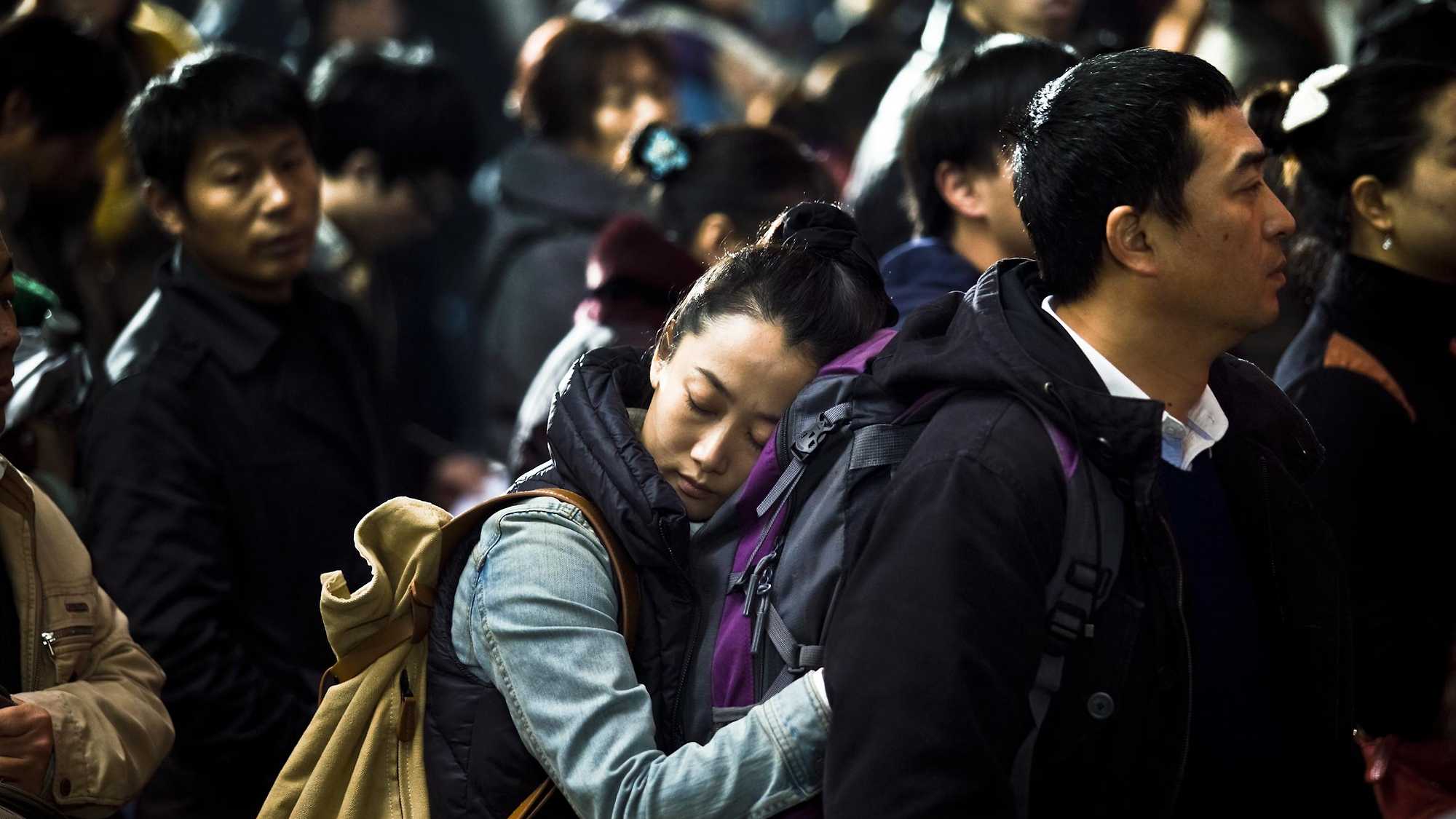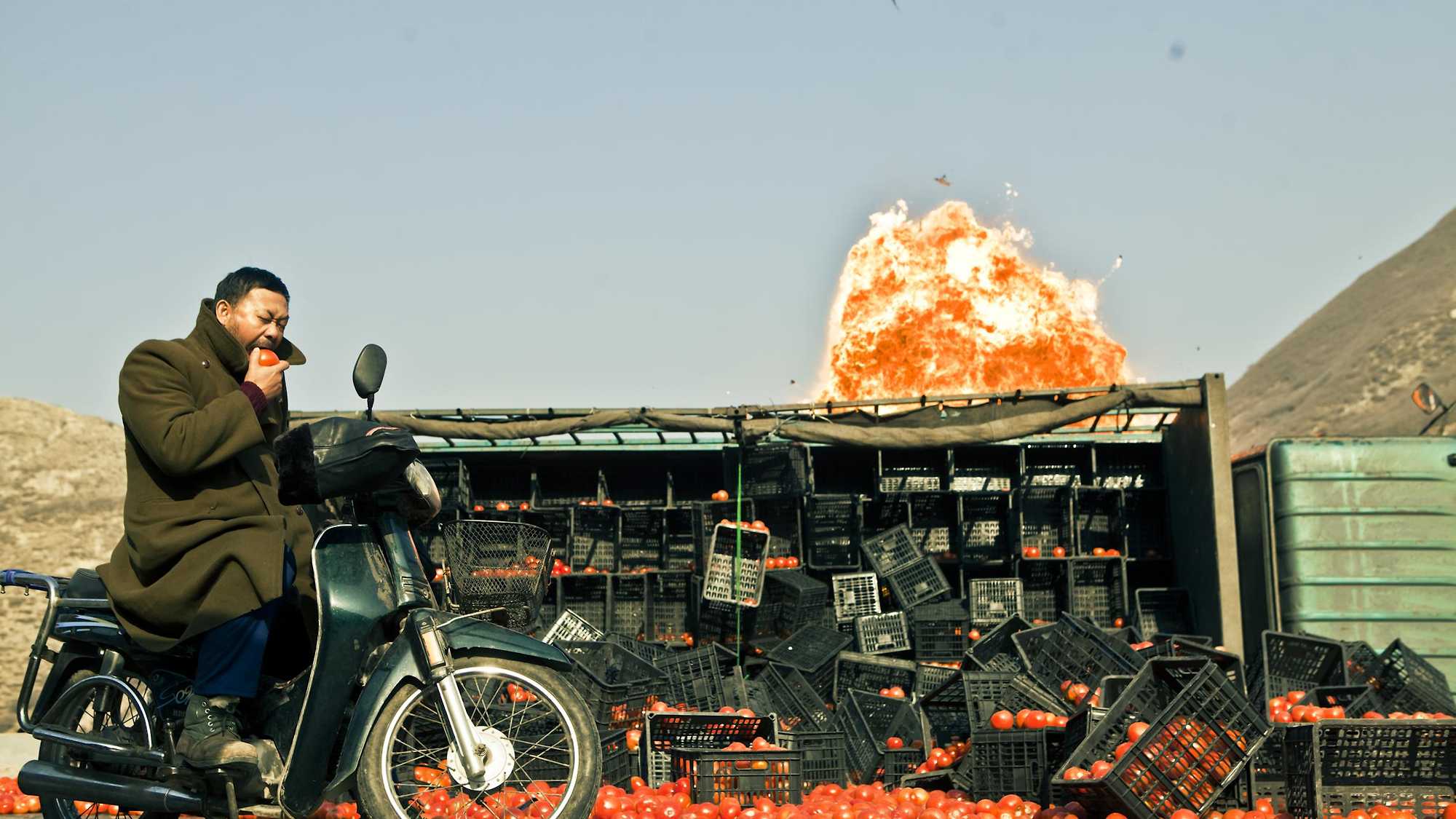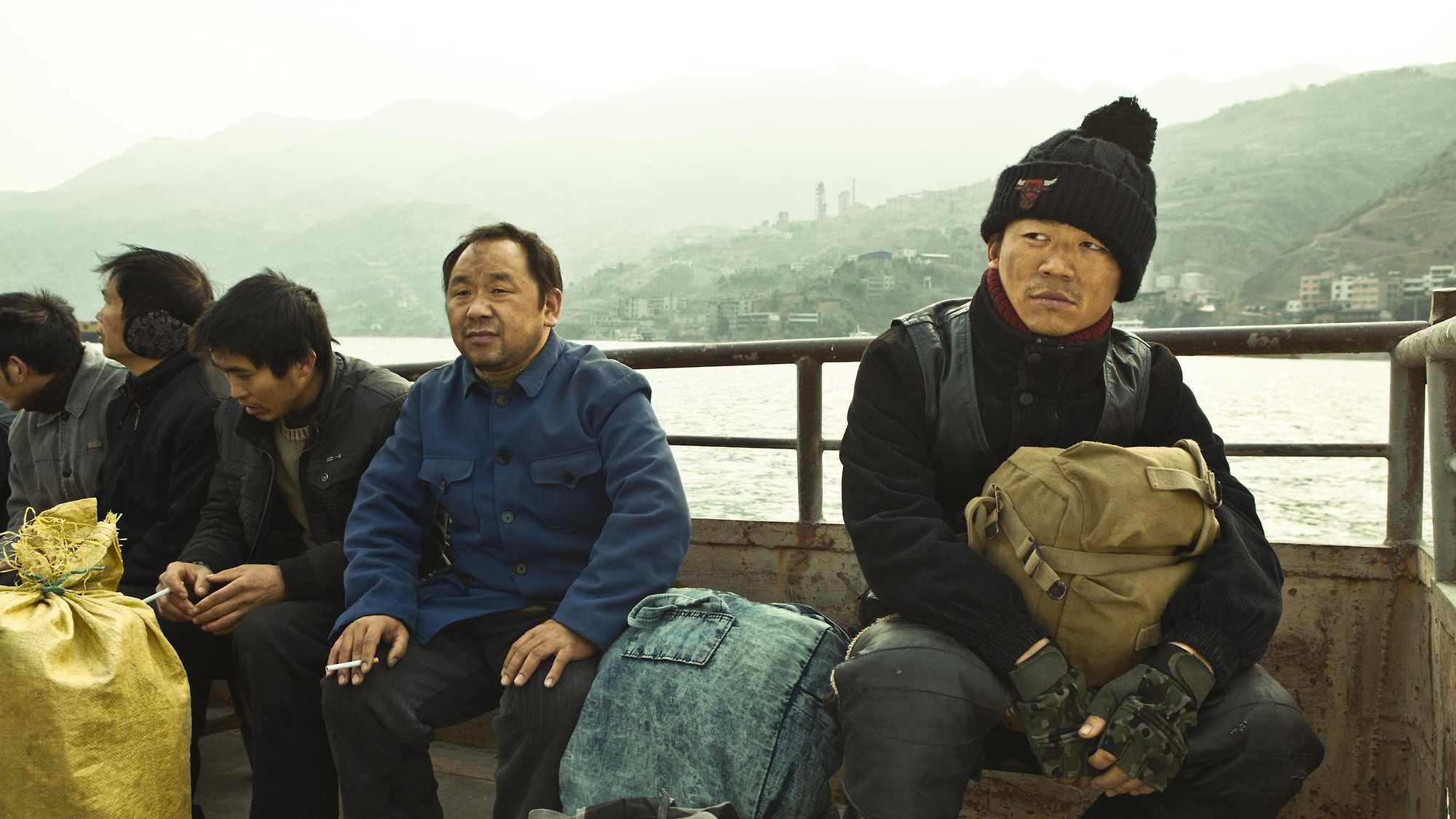Chinese director Jia Zhang-ke’s shocking new film draws on spectacular true-crime stories. The oblique observer of how societal change impacts individual lives (Still Life, The World) now confronts contemporary violence head-on.



A corrosive depiction of the New China... still figuring out how to cope with the dehumanizing effects of unbridled capitalism.
Screened as part of NZIFF 2013
A Touch of Sin 2013
Tian zhu ding
Chinese director Jia Zhang-ke’s shocking new film draws on spectacular true-crime stories. The oblique observer of how societal change impacts individual lives (Still Life, The World) now confronts contemporary violence head-on. The four interlinked tales he tells add up to an extraordinarily forthright condemnation of corruption and amorality within China’s economic miracle. His film took the award for Best Screenplay at Cannes in May.
“This brash, daring and often ultraviolent movie is atypical [of Jia] to say the least, avowedly inspired by the wuxia martial arts films of King Hu, but it has clear debts to Tarantino’s riffs on this same genre, and to Sergio Leone… [But it is] not simply a racy adventure in exploitation, but an angry, painful, satirical lunge into what the director clearly sees as the dark heart of modern China, and a real attempt to represent this to audiences elsewhere in the world. He sees China as a globalised economic power player suffering a new and violent Cultural Revolution of money-worship in which a cronyist elite has become super-rich in the liquidation of state assets, creating poisonous envy in the dispossessed who hear all about others’ wealth from the internet, and are supposed to gossip aspirationally about it on their mobile phones…
Different strands and characters and stories emerge, tangentially concerned with each other. Jia has taken his plotlines from newspapers, violent stories of criminal despair, and by meshing them together, these tales, often involving guns, build up a picture of China as a desolate Wild West of lawless violence and cynicism.” — Peter Bradshaw, The Guardian